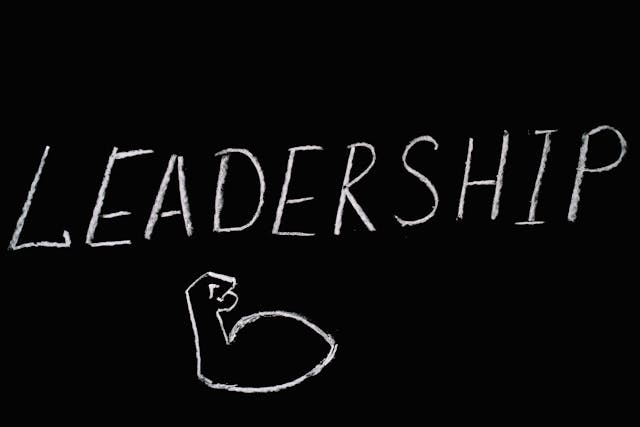Table of contents
- Can introverts become a leader?
- Introverts versus extroverts
- Are people born leaders?
- Myths about leadership
- Some common traits of a leader.
- How to become a good leader?
This clearly busts the myth we have been carrying for years that only an extrovert can be a good leader. It is a no prerequisite. Extroverts by nature are more assertive and radiate lots of energy. But that does not means they can make good leaders as well.
Introverts versus extroverts
Introverts: they are the ones who likes to spend time themselves. Who are comfortable doing things alone. They do not involve much with their surroundings. They are great at listening and do not like to talk(socialise) much.
Extroverts: they are such people who loves spending time with people (groups) socialising. They love to discuss their mind with others. They are comfortable mixing with large group of people as well. They are often assertive in nature and exudes lots of energy.
Introverts and extroverts has different skill sets. Both have their own advantages and strengths. Both are important in their own settings.
Are people born leaders?
This question do not have a clear answers as per researches. But we can for sure work upon the qualities needed by a leaders and improve with practice.
Here are some popular myths about leadership.
- Leaders are born leaders: it is a misconception that people are by birth leaders. Leaders are often a product of training, qualities and capabilities. Anyone of us who is willing enough to put the amount of labour it takes to become a leader will definitely end up being one sooner or later.
- Extroverts makes good leaders: extroverts by nature looks more confident, energetic. Introverts are good listeners, good with decision making. Both introverts and extroverts can bring different sets of skills to the table. Both has different strengths.
- Leadership means authority: leadership is about inspiring others to achieve goals. Effective leaders comes from any position in any organisation or any strata of the society. Position in level of ranking is not actually a matter of concern for them. It is not necessary for a leader to hold high positions in hierarchy only.
- Leaders are always confident: leaders not compulsorily needs to carry confidence and exceptional public speaking skills. These qualities are not prerequisite but additional (helpful) attributes for self growth. Leaders key role lies in inspiring others, handling a chaotic situation.
Some common traits of a leader
- Fills you with motivation: a leader will help you cope up with tough situations, will pull you out of troubles and charge you with motivation from within.
- Visionary: future sightedness is common in leaders. They knows the impulse of the audience. Where the crowd is heading, what turns it can take is predicted by the leaders. This ability to for see further is appreciated.
- Inclusive leadership skills: leader is one who make everyone feels valuable. A leader should make sure that each individual makes their presence felt, everybody's efforts counts. Research shows that inclusive leadership results in 54% lower employer turnover.
- Strong decision making skills:most of the times leaders are good with decisions making. But at times they may makes wrong decisions but that does not makes them less of a leader. Learning from failures is a skill too. More important is that when a decision is take it should be taken with full responsibility.
- Ability to solve conflicts: conflicts are inevitable part of leadership journey. Good leaders are capable of navigating through them. It is an important skill to have.
- Good communication skills: when you are good with communication you can convey your message with ease.
How to become a good leader?
- Active listener: first of all to become a good leader you need to become a good (active) listener. Listening somebody carefully helps you understand better making you respond sensibly.
- Build connections: a good leader always empathizes with their audience. They are able to tap the impulse of the people around them and connect emotionally. Connecting emotionally makes help have a longer impact on the people.
- Accept challenges (failures): a good leader is one who accepts their failures and take it as an opportunity to grow. They do not give up to the hands of challenges. This makes more acceptable amongst people.
- Take responsibility: a leader will always take the responsibility of a failure on their shoulder. They do not run away or shrug their shoulders when being faced with difficult situations.
- Communicate clearly: leaders are ones who communicates well (clearly) with the people. Who is clear with their ideas and their implementations.





No comments:
Post a Comment